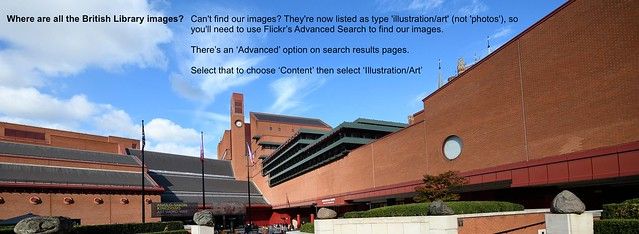scott b. weingart
@scottbot.bsky.social
3K followers
1.2K following
11 posts
past: circus performer; historian of science; librarian; chief data officer at NEH.
present: dad; resident scholar at dartmouth; chief technology officer at the library of virginia.
personal account; views solely my own.
https://scottbot.github.io
Posts
Media
Videos
Starter Packs
Pinned
Reposted by scott b. weingart
Reposted by scott b. weingart
Ted Underwood
@tedunderwood.com
· Aug 15

Pre-announcement: artificial intelligence humanities sandpits: Canada, UK and US
AHRC and SSHRC plan to invite expressions of interest to attend a humanities-led, interdisciplinary research sandpit looking to put humanities insights and methodologies at the heart of artificial int...
www.ukri.org
Reposted by scott b. weingart
Reposted by scott b. weingart
Reposted by scott b. weingart
Reposted by scott b. weingart
Reposted by scott b. weingart
Reposted by scott b. weingart
Reposted by scott b. weingart
Reposted by scott b. weingart










